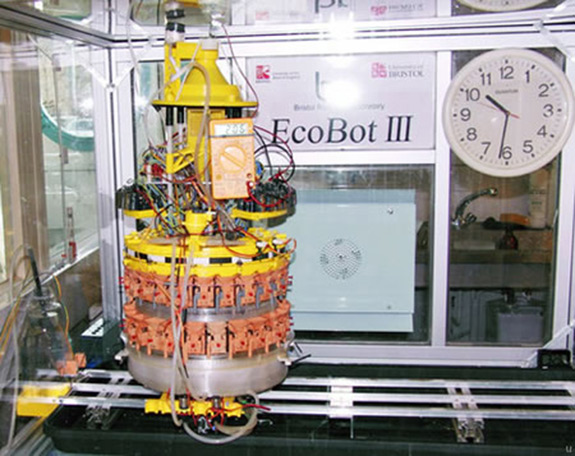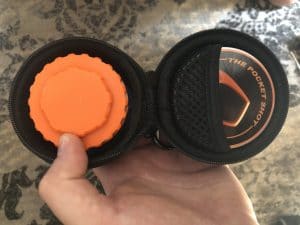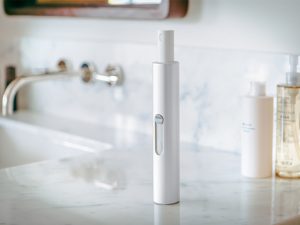We seem to think that the great thing about robots is that they’ll be around forever and that they’ll just need the occasional tune up, but that’s precisely the problem with robots. They need to be maintained constantly and retrieved should they be used in the field as they are neither non-toxic nor biodegradable. Enter Dr. Jonathan Rossiter with the solution.

Rossiter is no stranger to biological robots, in fact he has created robots (EcoBots) that contain a microbial fuel cell that mimics actual digestion and can process things like fruit instead of running off things like fossil fuels or batteries. On top of that, the cells also mimic respiration where oxygen is provided to an electrochemical half-cell to create useful energy.
Since the bots don’t require any recharge, they are completely autonomous and will stop working once the work is completed (or if/when food supplies run out).
With $350,000 worth of funding from Leverhulme Trust, Rossiter and partner Ioannis Ieropoulos from the Bristol Robotics Laboratory plan on making these bots even more suitable for the “release and forget situations” by making them biodegradable. This element allows for these bots to be used perfectly for things like environmental cleanup as they will work until the job is completed then “die” and biodegrade into harmless material.
In addition, companies that employ these bots will, in the long run, end up saving a lot of money since there will be no need to track, reclaim, and dismantle them.
At the moment, there’s no real word on what materials these robots are made of and while there have been trial tests on the microbial fuel cell, the technology is still in its infancy. Still, with all the potential applications of these biodegradable robots, it wouldn’t be surprising to see environmentally minded scientists pursue this course of study.






